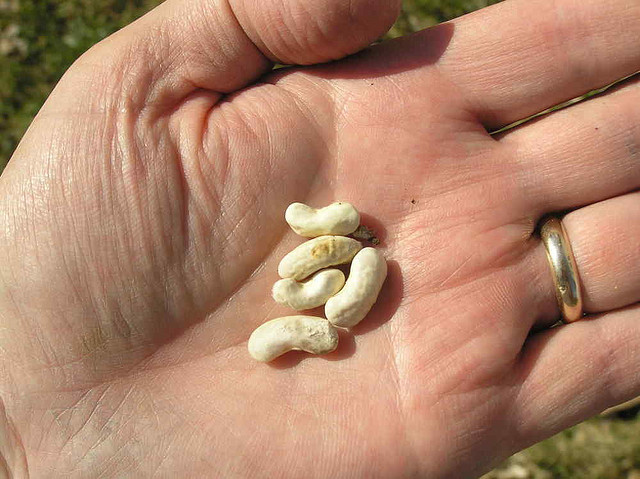Is this whole natural/unnatural divide simplistic? Yeah. But it's a helpful place to begin — even if we need to move beyond it.
In my last post, I cited a distinction made by cognitive (and evolutionary) psychologist David C. Geary: humans are biologically prepared to do some things, but not others. Things that we're designed to do (walking, singing, telling stories) he calls primary abilities. Things that we're not designed to do (riding unicycles, juggling, Newtonian physics) he calls secondary activities.
This distinction isn't just academic: it lies at the heart of what our schools (any schools!) see as their purpose. In fact, this distinction neatly encapsulates a major divide between two major philosophies of education.
One type of school thinks that learning is unnatural. These schools (let's call them "teacher-centered" schools) think a school's job is to instruct. If schools don't do a good job of directly instructing students (they think), the students aren't apt to learn much.
The other type of school thinks that learning is natural. These schools (let's call them "child-centered" schools) think a school's job is to provide an environment for learning, and then get out of the way. If schools succeed in doing a good job of directly instructing students (they think), the students aren't apt to learn much — because students learn best on their own!
So what is it: is learning unnatural, or natural?
This is a question of human nature. And in my last post, I suggested that, well, human nature is complex. Some things are natural for us, and other things are unnatural. Success in schooling depends (I suggested) on figuring out which is which.
But that's not so simple.
It's not (for example) that art is a primary ability, and math is a secondary activity. Entire subjects don't fall neatly into one camp or the other.
Rather, each subject demands multiple skills. For example, in an English class, students read, write, discuss, reason, empathize, and so on. Each skill may be primary or secondary.
In fact, it's more complicated than that. Each skill is made up of sub-skills. Writing, for example, is made up of spelling, handwriting/typing, syntax, idea generation, idea organization, and so on.) Each sub-skill may be primary or secondary.
And in fact, it's even more complicated than that! Typically, a sub-skill isn't purely natural or unnatural. Human nature doesn't usually work like that. There are a few things that we do wholly naturally: breathing, for example. A person raised on a desert island would breathe just fine.
Wel, obviously, schools don't need to teach breathing.
But other primary skills seem designed to be activated and shaped by cultures: dancing, for example. All cultures dance — but it's not clear that a person raised on a desert island would dance by themselves.
So is dancing primary or secondary? Well, it contains elements of both. The urge to shake and jump and wiggle — all in tandem with other people — may be primary. But specific elements of motion (for example, pliés in ballet, promenades in square dancing, and arials in swing dancing) may be secondary.
Why does this matter? Because we need to tap into students' primary abilities, and be prepared to systematically teach secondary abilities.
In teaching dancing, for example (as will be an important aspect of our schools), we'll need to capitalize on young students' desire to shake and jump and wiggle, and on older students' desire to touch each other. (That schools typically ban touching seems a sure sign that they're evolutionarily off-kilter.)
But we won't assume that undirected wiggling will automatically bloom into beautiful dancing. Rather, we'll be prepared to teach elements of more formal dancing from a host of cultural styles — circle and line and ballet, salsa and swing and waltz, flamenco and mambo and Bollywood.
As I said before, we'll start with abandon, and move into structure.
If we don't tap into students' primary abilities, we'll be passing up our greatest resource. This is the mistake that teacher-centered education makes.
And if we don't systematically teach secondary abilities — if we expect them to just grow up naturally — we'll be denying our students the education they're ready for. This is the mistake that child-centered education makes.
Our job — as a new kind of school that takes human nature seriously — is to draw upon primary abilities, and systematically teach secondary abilities.
Next, I hope to explore how this can look in teaching writing.
(Props to David Geary: his categories of "primary" and "secondary" abilities are designed to reflect this messy reality. They're not "pure" categories. It took an earlier debate on this blog — about whether math instruction is "natural" or "unnatural" — for me to realize that. Props, too, to Catherine Lewis, who helped me see that.)



